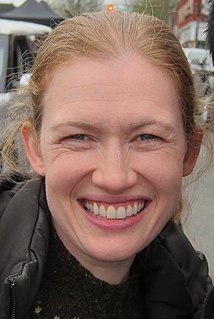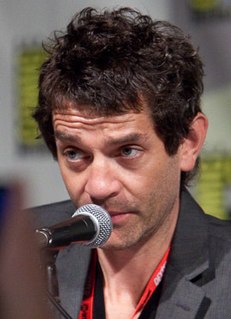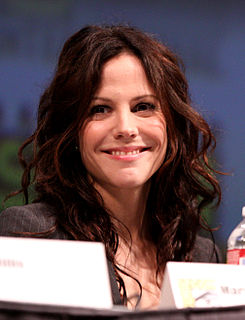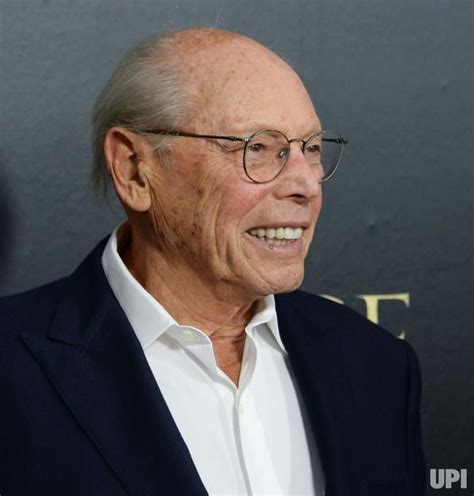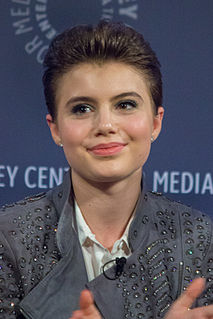A Quote by Richard Linklater
You're always just trying to make your film, tell the story you're trying to tell - best you can, you know.
Related Quotes
My career has taken so many different paths to this point that I've come to realise that we're all the same, everywhere I've been. We're all just creatures trying to tell stories as good as we can, so whether that's in a tiny theatre or as part of the biggest multi-million dollar film, we're all still just trying to tell a good story at the end of the day.
Sometimes the music just has to tell the story without you trying to tell the story. It depends on the type of music you want to make. If it makes you feel good and party then you go with that. If it makes you feel like speaking on something real and doing a story then it's the beat just has to have the story.
Usually I'm trying to turn something around or turn it inside out and see what's underneath. I know that probably sounds incredibly vague but I never set out to be likeable or funny or anything like that. I'm just trying to tell the story in the best way that I can and serve the writer because it's really about the writer.
When I make film music, I'm a filmmaker first and foremost. It's about serving the needs of the film. You're telling a story; in a way, you stop becoming a composer and become a storyteller instead. You tell the story with the most appropriate themes. How you approach these things is a very personal matter, but your goal is to tell the story first.
I don't ask my students to have studied film or any education in general. What I ask them is to come and sit and tell me a story, and the way they choose it and tell it, for me, the best criteria for whether they are right for making films. There's nothing more important than being able to tell your story orally.
I love independent films because I love to help, I love to assist, I love to pass along knowledge or experience to young filmmakers because usually, that's what they are. They're young filmmakers who are trying to either just simply tell their stories or trying to break into show business, and this is their calling card. But either way, I just really respect young filmmakers who are trying to tell a story that means something to them.
I'm not trying to explain other cultures, or to give a fair and balanced account of a country, or the top ten things you need to know. I'm not trying to spread world peace and understanding. I'm not an advocate or an activist or an educator or a journalist. I'm out there trying to tell stories the best I can.
I know that my tendency is to be linear, and I'm trying to find ways to subvert that. And so in 'Bellocq's Ophelia' my device for subverting it was to tell the story and then to tell it again; it always circles back to this one moment, and it's not linear, but it's round in that way, and much of 'Native Guard' is like that.
If you have to tell a story without speaking, it's sort of like - I come from a dance background, so it's like a ballet where you have to tell a story with just your body. I think that's really interesting to have to tell a story with just your face and your mannerisms, and I'd like to tap into that world.

